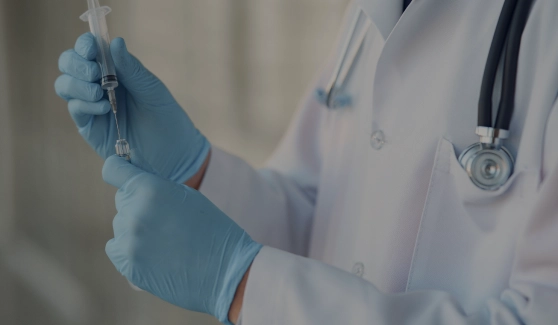The aim of this paper was to describe the outcome of the therapeutic administration of allogenic mesenchymal stem cells obtained from Wharton’s jelly (WJ-MSCs) in children with cerebral palsy (CP) during a medical therapeutic experiment. We retrospectively analyzed the records of 109 patients recruited in daily clinical practice. Each patient received 1–10 injections and was examined by
the same neurologist (study investigator (SI)) on the day of each infusion. The SI used a 6-point Likert scale to assess the quality of life (QoL) and self-sufficiency of the patients on the basis of the neurological examination. Children with >50% follow-ups after this administration were included into the quantitative analysis. In addition, the assessments of the parents and other health care
professionals were obtained for 23 patients and compared with those of the SI. Forty-eight of 54 analyzed patients (88.9%) achieved some improvement in health status. Forty-eight (88.9%) patients experienced an increase in their QoL, and 21 patients (38.9%) achieved an increase in their self-sufficiency level. Improvement was achieved in 17 areas. Adverse events were mild and temporary except one case of epilepsy deterioration leading to treatment discontinuation. Age, body mass, and cell dose were not significant predictors of QoL response, contrary to epilepsy; developmental breakthrough was dose-dependent.
Publication: file
Oceń artykuł:












